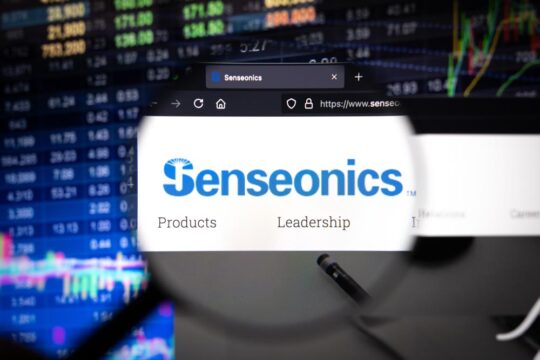Advertisment
ACC Report 2015: At one year, Evolocumab shows significant efficacy in preventing cardio events

by Bruce Sylvester: Patients treated for one year with evolocumab, an investigative drug used to lower LDL cholesterol, have achieved significant reductions in mortality, heart attack and stroke, hospitalization for a cardiovascular event and intervention to to open blocked arteries, compared with patients who received standard care. The findings were presented on March 15, 2015 at the American College of Cardiology’s 64 th Annual Scientific Session.
The rate of cardiovascular events was 2.18 percent after one year in the standard care group, who were mostly treated with statins. Subjects treated with evolocumab achieved a risk of 0.95 percent. Evolocumab reduced bad cholesterol by 61 percent. At baseline, average LDL cholesterol measure was 120 milligrams per deciliter, similar to the average LDL among Americans. Subjects treated with evolocumab achieved an absolute reduction of more than 70 milligrams per deciliter, reaching an average 48 milligrams per deciliter.
“The reduction in LDL was profound and that may be why we saw a marked reduction in cardiovascular events so quickly,” said Marc Sabatine, M.D., lead investigator, chairman of the TIMI Study Group and a senior physician in the Division of Cardiovascular Medicine at Brigham and Women’s Hospital in Boston. “It suggests that if we can drive a patient’s LDL cholesterol down a large amount to a very low level, we may start to see a benefit sooner than would be expected with a more modest intervention.”
Evolocumab is a human monoclonal antibody that blocks protein convertase subtilisin-kexin 9 (PCSK9), a protein reducing the liver’s removal of LDL cholesterol from blood.
The investigators evaluated data on 4,465 subjects who, after completing one of twelve phase II or III trials that evaluated the drug’s ability to lower LDL cholesterol, enrolled in this one-year extension study.
Researchers re-randomized the subjects 2:1 to receive evolocumab injections either every two or four weeks plus standard care, or standard care recommended by their treating physician, usually moderate or high-intensity statin therapy.
A blinded central committee reviewed the data and reported the number of deaths, major coronary events, heart attack, stroke, unstable angina requiring hospitalization or coronary revascularization.
They found that the 53 percent reduction in cardiovascular events in the evolocumab group was consistent across each of the major cardiovascular events and among subgroups, with no differences appearing due to age, baseline LDL levels, statin use, primary or secondary prevention or valve disease.
Two-week and four-week treatment arms and evolocumab was well-tolerated.
The authors noted that the findings were limited by the nature of the trial, in which there were relatively few, only 60, cardiovascular outcomes.
A much larger trial is underway, with reporting expected in 2017.
“We won’t have any definitive answers until this larger trial we are doing is complete, but these data now give us a sense for the potential clinical benefit of these drugs,” Sabatine said. “We know from previous research that evolocumab lowers LDL cholesterol, but these data offer support for their potential to reduce major adverse cardiovascular events in our patients.” he added.
This study published online in the New England Journal of Medicine at the time of oral presentation.





